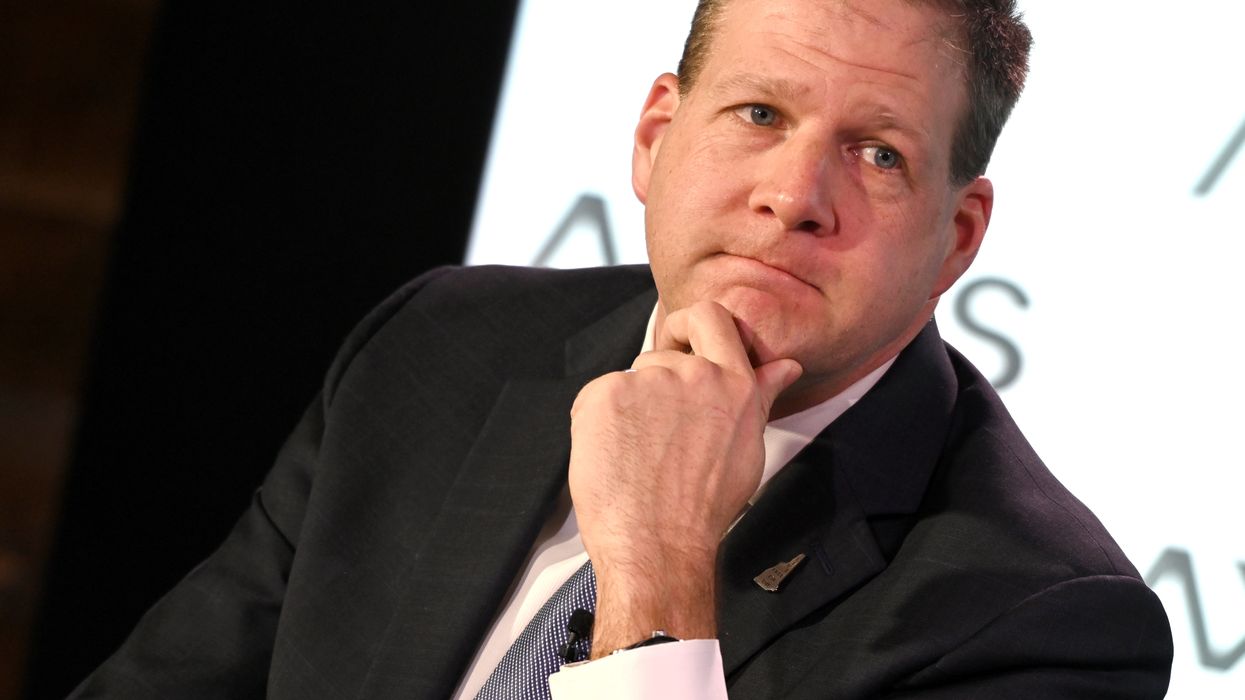The switch to no-excuse absentee voting in New Hampshire will not outlive the pandemic.
Three months ago, Gov. Chris Sununu used his executive power to declare that fear of catching the coronavirus is a valid reason to vote by mail in the Sept. 8 primary and Nov. 3 general election. But on Friday he vetoed a measure that would have eliminated the excuse requirement and allowed all voters to cast ballots by mail indefinitely.
Since March, 35 states have made changes to expand mail voting in light of the Covid-19 pandemic, but almost all of these adjustments are temporary and will only last through the November election.
New Hampshire will remain one of 16 states requiring a specific reason to receive an absentee ballot. It's also among just nine states that do not permit people to register to vote online — which also would have changed under the vetoed measure.
The bill also would have allowed local election officials to start tabulating mailed ballots before the polls close on Election Day, which is permitted in about half the states, and would have had the state become the 31st to join the Electronic Registration Information Center, which helps states maintain voter rolls.
The package was cleared by the Democratic legislature without sufficient votes for an override. The Republican governor called it a "partisan wish list of unreasonable and unnecessary provisions" and said the authors were seeking "to take advantage of a global pandemic to fundamentally and permanently weaken New Hampshire's election system."
During almost four years as governor, Sununu has opposed most election and political reform efforts in Concord, especially since Democrats won control of both the state House and Senate in 2018. But he was among the first GOP governors to use his own powers to make voting easier in light of Covid-19.
He faces a competitive race for re-election this fall.
"Rather than allowing New Hampshire, a state that prides itself on commitment and participation in the democratic process, to move forward, Sununu has chosen once again to hold up unreliable, antiquated systems that systemically put up roadblocks for new voters," said Democratic state Sen. Melanie Levesque, one of the package's authors.



















 Senate Committee on Commerce, Science, and Transportation ranking member Sen. Maria Cantwell (D-WA) (R) questions witnesses during a hearing in the Russell Senate Office Building on Capitol Hill on February 10, 2026 in Washington, DC. The hearing explored the proposed $3.5 billion acquisition of Tegna Inc. by Nexstar Media Group, which would create the largest regional TV station operator in the United States. (Photo by Chip Somodevilla/Getty Images)
Senate Committee on Commerce, Science, and Transportation ranking member Sen. Maria Cantwell (D-WA) (R) questions witnesses during a hearing in the Russell Senate Office Building on Capitol Hill on February 10, 2026 in Washington, DC. The hearing explored the proposed $3.5 billion acquisition of Tegna Inc. by Nexstar Media Group, which would create the largest regional TV station operator in the United States. (Photo by Chip Somodevilla/Getty Images)
